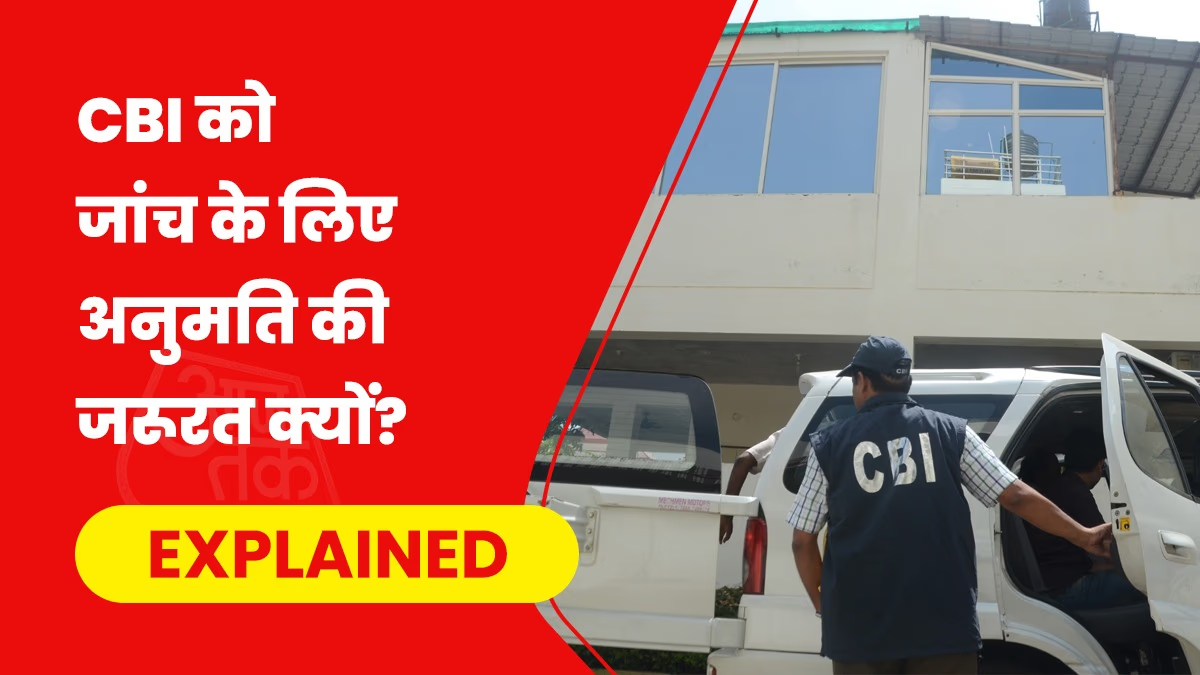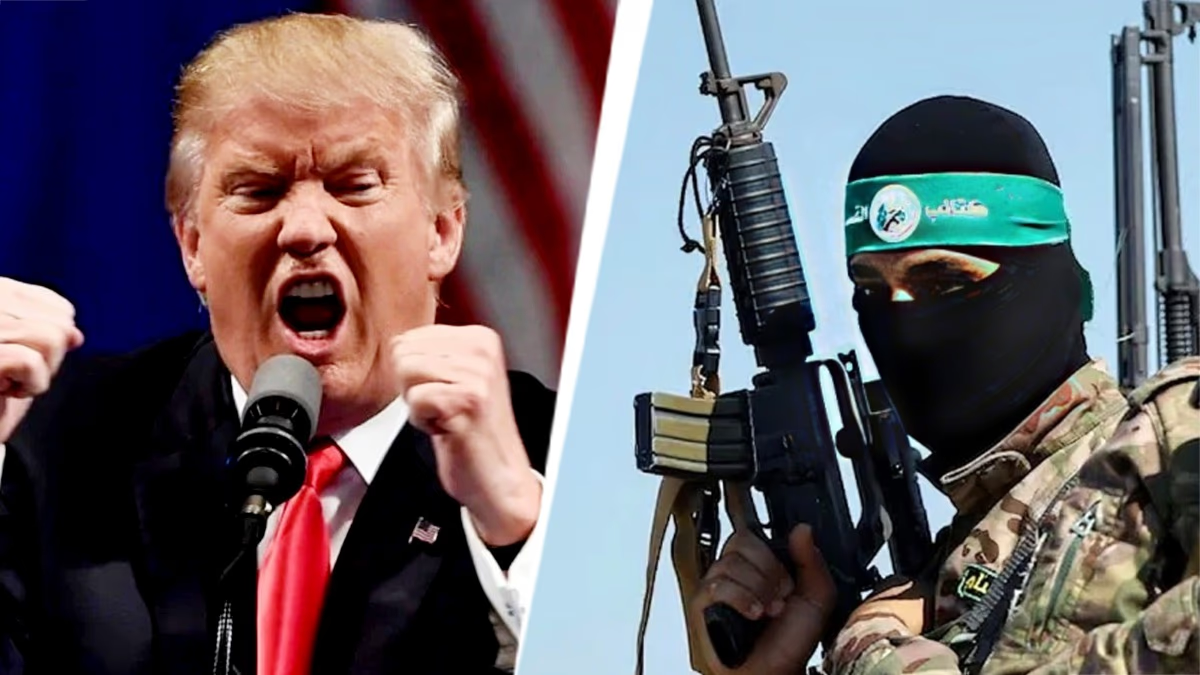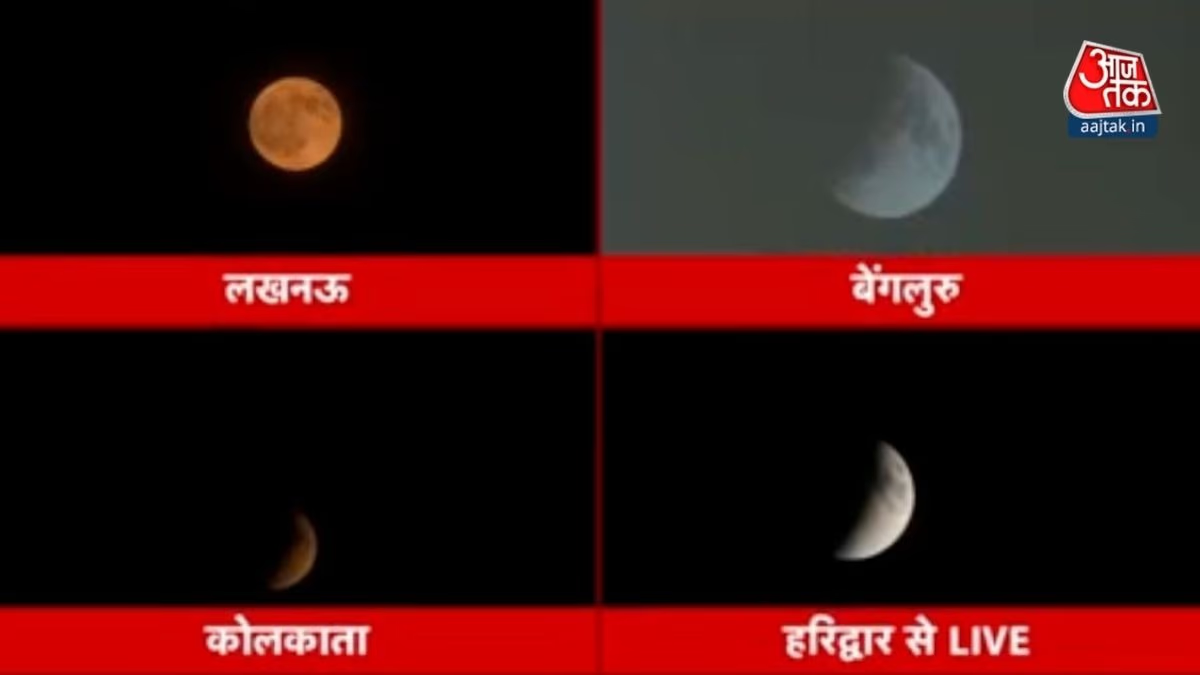In Madhya Pradesh, the CBI must now obtain written permission from the state government prior to launching an investigation. This necessity is specifically tied to probes involving state officials and employees.
This means that for any probe against a state official, employee, minister, or legislator in MP, CBI must secure permission from the state. Furthermore, MP joins other states that have enforced a ban on CBI operations within their jurisdictions, often led by opposition parties.
Why did the government take this step?
The Home Department’s notification states that no investigations concerning state officers or employees will commence without written consent from the state authorities.
However, written permission is not a requisite for CBI to investigate central government officials, employees, or a private individual.
Utilizing Section 3 of the Delhi Special Police Establishment Act 1946, the MP government has issued this notification, although they claim this regulation has long been in place. Home Secretary Sanjay Dubey clarified that this is an old provision revived due to the enforcement of the Indian Penal Code (IPC).
Essentially, the CBI must secure statutory permission to begin an inquiry relating to anyone linked to the state government. It remains at the behest of the state whether to grant investigation consent.
This directive may have been published on a Thursday, but it has been in effect since July 1st.
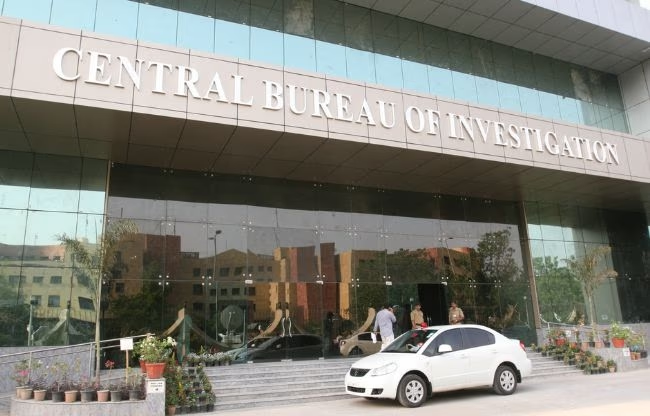
Source: aajtak
Mandated CBI approval - why?
The establishment of the CBI under the Delhi Special Police Establishment Act 1946 requires the entity to obtain written permission from state governments for investigation, with the exception of central government and railway cases as outlined in Section 6 of the Act.
States grant two types of consent to the CBI: specific consent for individual cases and a general consent. Most states typically provide the latter, allowing the CBI to operate without hindrance within those jurisdictions.
When a state withdraws its general consent, CBI must then procure approval for each case and even small operations, rendering it unable to file cases against individuals or employees in that state.
Will the CBI now be blocked from entering?
As a central agency, the CBI operates under orders from the High Court, Supreme Court, or the central government. For state-related cases, permission from that state's government is necessary for investigation.
The MP government's notification does not mention the retraction of 'general consent,' thus, CBI can continue its operations in MP unrestricted.
However, the CBI must gain written consent from the state government for any investigations against state employees, officers, ministers, or legislators within MP.
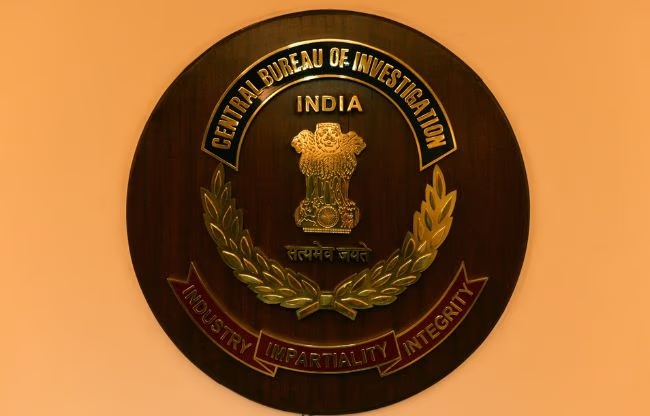
Source: aajtak
Where is CBI entry banned?
In several states across the country, CBI is banned from entry unless it has permission from the respective state governments.
States like Jharkhand, Punjab, Telangana, West Bengal, and Kerala have entirely forbidden CBI's entry, having withdrawn their 'general consent.'
Previously, opposition-led governments in Meghalaya, Mizoram, Chhattisgarh, and Rajasthan had imposed similar restrictions. However, these states have since reverted to offering general consent following the advent of NDA governments.
Do other agencies also need approval?
While CBI requires state authorization, other central agencies like the National Investigation Agency (NIA) or the Enforcement Directorate (ED) do not need such permission. These entities have the autonomy to conduct investigations across the nation without state interference.
